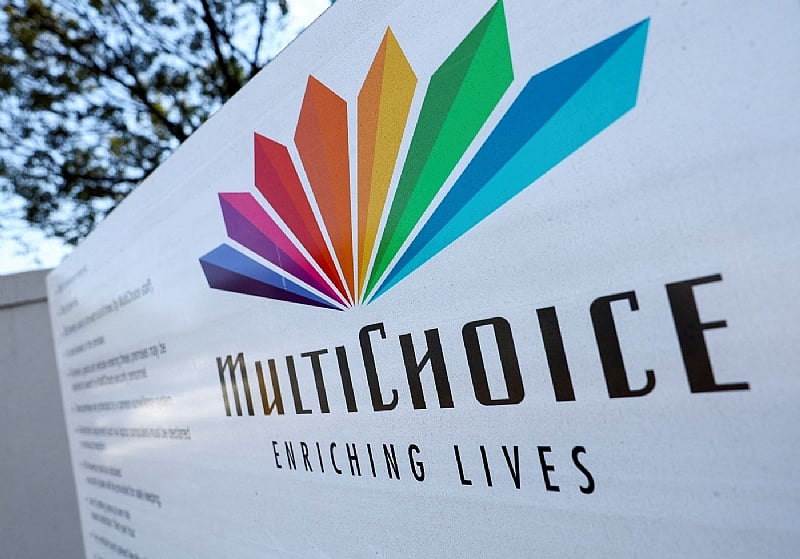The ongoing dispute between MultiChoice Ghana, a prominent provider of satellite television services, and the Ghanaian government, represented by the Minister of Communications, Digital Technology and Innovation, Mr. Samuel Nartey George, has reached a critical juncture. The core issue revolves around a demand by the minister for MultiChoice to implement a 30% reduction in its DStv subscription fees. This directive, issued publicly with a seven-day ultimatum, threatens the suspension of MultiChoice’s operating license should they fail to comply. The minister’s argument hinges on the recent appreciation of the Ghanaian cedi against major international currencies, asserting that the improved exchange rate justifies a corresponding decrease in prices for consumers.
MultiChoice Ghana, however, has firmly rejected the minister’s demand and characterized his approach as unfortunate. In a formal statement, the company expressed its disappointment with the minister’s public pronouncements, emphasizing its ongoing efforts to engage in good-faith discussions and find a mutually acceptable solution. MultiChoice contends that a 30% reduction in subscription fees is simply not feasible given the complex economics of their operations, which are influenced by various factors beyond the cedi’s exchange rate. They have reportedly proposed an alternative avenue for further engagement with the minister and the National Communications Authority (NCA) to discuss the matter constructively.
A key point of contention revolves around the minister’s claim that MultiChoice dismissed the cedi’s appreciation as a “fluke,” suggesting a lack of seriousness in considering price adjustments. MultiChoice vehemently denies this characterization, stating explicitly that they acknowledge and appreciate the currency’s improved performance. However, they maintain that while the exchange rate is a factor, it is not the sole determinant of subscription pricing. The company’s operations involve intricate international financial arrangements, content acquisition costs, and other operational expenses that are not directly or immediately impacted by the cedi’s fluctuations.
The public nature of this dispute highlights the tension between the government’s responsibility to protect consumer interests and the operational realities of a multinational corporation operating within Ghana. The minister’s ultimatum and public statements put considerable pressure on MultiChoice, painting them as resistant to reasonable price adjustments and potentially exploitative of Ghanaian consumers. Conversely, MultiChoice portrays itself as a responsible corporate citizen, willing to engage in dialogue but constrained by economic realities beyond their control.
The clashing narratives underscore the need for a more nuanced understanding of the factors influencing subscription pricing. While the cedi’s appreciation is undoubtedly a positive development for the Ghanaian economy, its impact on MultiChoice’s cost structure may be less direct and immediate than the minister suggests. Other factors, such as international content licensing agreements, infrastructure costs, and global market dynamics, likely play a significant role in determining the final price for subscribers. A thorough examination of these factors is necessary for a fair and informed resolution.
Ultimately, the path forward requires open and transparent communication between MultiChoice Ghana, the Ministry of Communications, and the NCA. Further engagement through the proposed alternative avenue should focus on exploring the complexities of MultiChoice’s operational costs, the impact of the cedi’s appreciation on their financial model, and potential avenues for achieving a mutually acceptable pricing structure. This approach, based on data and informed dialogue, is more likely to yield a sustainable solution that protects both consumer interests and the viability of MultiChoice’s business in Ghana. The outcome of this dispute will likely set a precedent for future interactions between the government and multinational corporations operating within the country, highlighting the importance of finding a balance between consumer protection and a conducive business environment.


